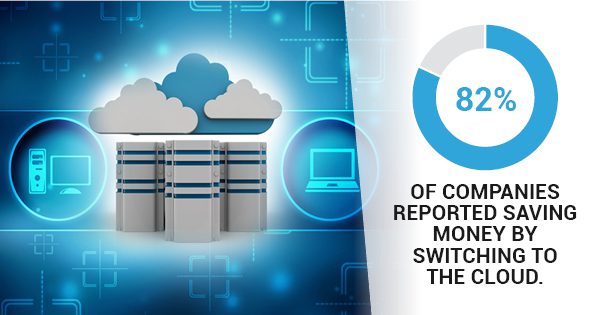
You know that there are plenty of benefits of using IT racks, but are you purchasing the best one for your company’s needs? When it comes to preventing data loss, seismic racks are a growing industry solution. When an earthquake hits, it’s important that an organization has done what it can to prevent major equipment damage. In the previous post, you learned about the purpose of seismic racks. Adding onto that, this post will teach you about the different types of seismic racks and what factors to consider when buying one. When selecting the type of rack for your company, ask yourself the following questions.
What type of certification does the rack have?
The type of testing that the rack’s manufacturers use will determine its certification. The Network Equipment Building System (NEBS) GR 63 certification requires the rack to be tested on a shaker table that simulates an earthquake. If a rack is in compliance with California Building Code (CBC) or International Building Code (IBC), it means that it is up to standard with these various codes.
Is the rack Zone 2, 3, or 4 certified?
These levels of zone testing categorize seismic racks based on their ability to withstand different levels of earthquakes. The top tier racks will pass the Telecordia Zone 4 shaker test; the rack must be bolted to the floor and stand up to an earthquake simulation. Seismic data racks with higher zone certifications will offer more protection to your data.
What is the rack’s load rating?
The physical capacity of a seismic rack is also important. Each rack type has a static load rating to determine what equipment it can hold during a seismic event and during daily operation. Assess the load that you will be placing inside the racks and then choose a rack that can hold that amount or more.
With many benefits of using IT racks, your organization is certainly using the right method for protecting your data. But it’s important to take this protection a step further. A recent study found that 82% of companies saved money by switching to the cloud, but this revenue could be lost if it is destroyed in a natural disaster. By choosing the right seismic rack, you can be prepared for an event of any scale, ultimately protecting your data, customer interest, and organizational revenue.
